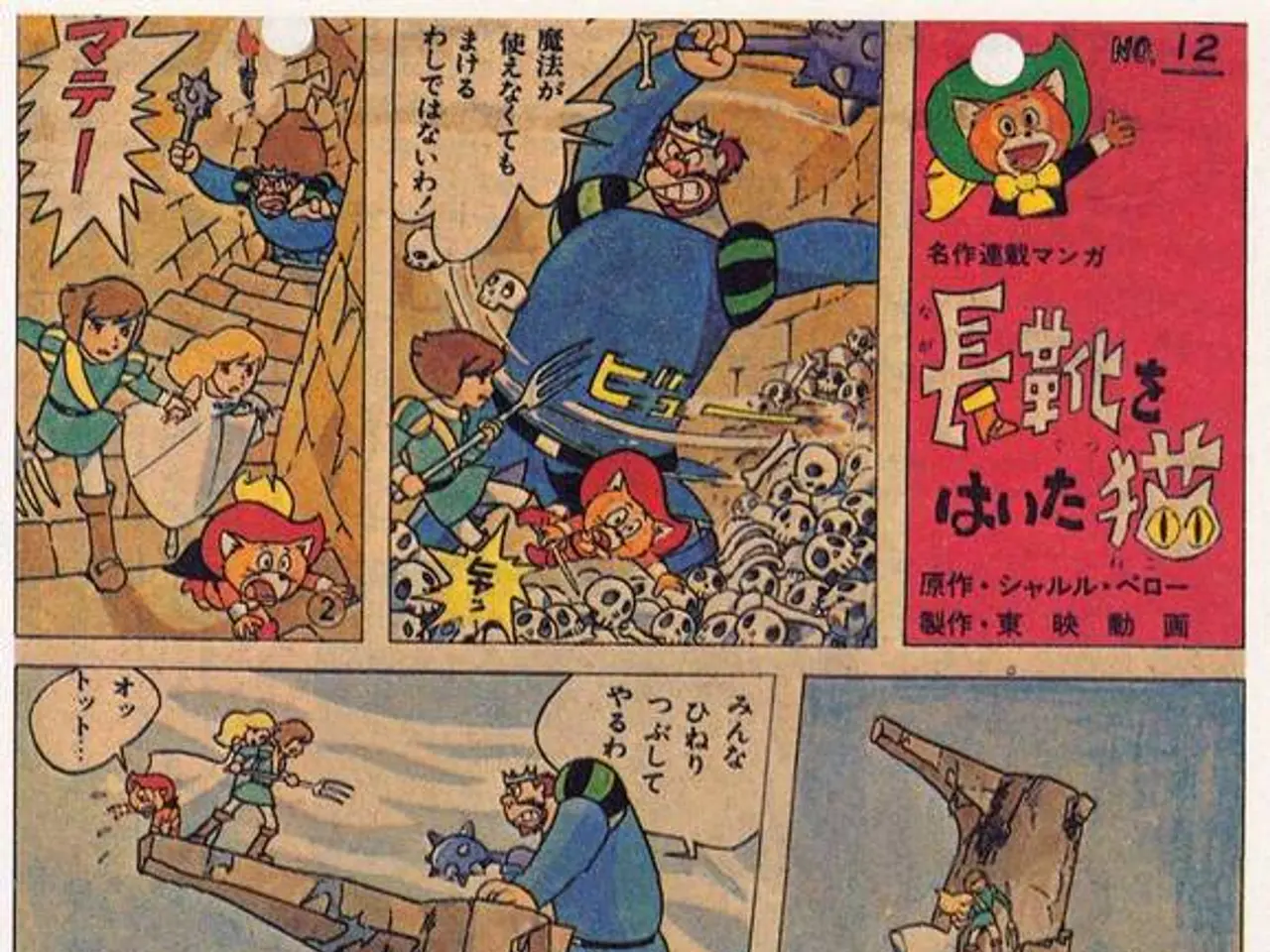Japan's Strategy in the Indo-Pacific Amid Intensifying U.S.-China Competition
In an upcoming event, Professor Yuichi Hosoya, a renowned scholar of international politics, will share insights on Japan's foreign policy under Prime Minister Shinzo Abe and its approach to navigating the U.S.-China rivalry.
The event, titled "Japan's Indo-Pacific Strategy in the Emerging US-China Rivalry", is being presented by the Consulate General of Japan in Los Angeles and the website. It will take place at an unspecified location, with refreshments available from 6:30 PM. The event will include welcome remarks, a presentation by Professor Hosoya, a Q&A session, and will conclude at 8:30 PM.
Professor Hosoya, a Professor of International Politics at Keio University, Tokyo, has extensive experience in academia and policy-making. He has been a visiting professor and Japan Chair (2009-2010) at Sciences-Po in Paris (Institut d'Études Politiques) and a visiting fellow (Fulbright Fellow, 2008-2009) at Princeton University. He was also a member of the Advisory Board at Japan's National Security Council (NSC) from 2014 to 2016.
His research interests include the postwar international history, British diplomatic history, Japanese foreign and security policy, and contemporary East Asian international politics. Professor Hosoya's comments have appeared in major international and Japanese media, including the New York Times, Washington Post, Financial Times, USA Today, Die Welt, Le Monde, among others. His most recent publication is "Security Politics: Legislation for a New Security Environment" (Tokyo: JPIC, 2019).
According to Professor Hosoya, under Prime Minister Abe, Japan pursued a balance strategy in its foreign policy aimed at maintaining a strong alliance with the United States while also engaging China cautiously to preserve regional stability and a rules-based international order. This approach reflected a delicate balancing act between strategic dependence on the U.S. for security and economic ties with China, seeking to avoid outright confrontation while countering China’s maritime assertiveness through regional diplomatic and defense initiatives.
The balance strategy under Abe involved reinforcing Japan’s security alliance with the U.S., expanding defense and economic partnerships in Southeast Asia and with other regional actors (e.g., India), advocating for a rules-based regional order, and maintaining pragmatic engagement with China.
The U.S., Japan's indispensable ally, shares core values and vital strategic interests with Japan. Under President Donald Trump, the U.S. Administration has presented a tougher stance towards China. Japan, in response, has been implementing the Free and Open Indo-Pacific (FOIP) strategy.
Parking for the event will be available at the Hollywood & Highland parking garage, which can be entered from Highland Avenue or Orange Drive. Full parking validation will be provided on a first-come, first-served basis on the day of the event with your RSVP.
Don't miss this opportunity to hear Professor Hosoya's insights on Japan's foreign policy and its role in the Indo-Pacific region. RSVP now to secure your spot!
[1] Hosoya, Yuichi. (2019). Security Politics: Legislation for a New Security Environment. Tokyo: JPIC. [2] Hosoya, Yuichi. (2018). Japan’s Balancing Act: Navigating the U.S.-China Rivalry. The Diplomat. Retrieved from https://thediplomat.com/2018/03/japans-balancing-act-navigating-the-us-china-rivalry/ [4] Hosoya, Yuichi. (2018). Japan’s Balancing Act: Navigating the U.S.-China Rivalry. The Diplomat. Retrieved from https://thediplomat.com/2018/03/japans-balancing-act-navigating-the-us-china-rivalry/
Read also:
- Court petitions to reverse established decision on same-sex marriage legalization
- Trump's enforcement actions in Washington D.C.: Insights from the political arena
- Chinese Ambassador issues stern message to India regarding Trump's tariffs in midst of escalating trade feuds
- Aircraft collides with another one on the runway during landing at Montana airport, igniting flames







